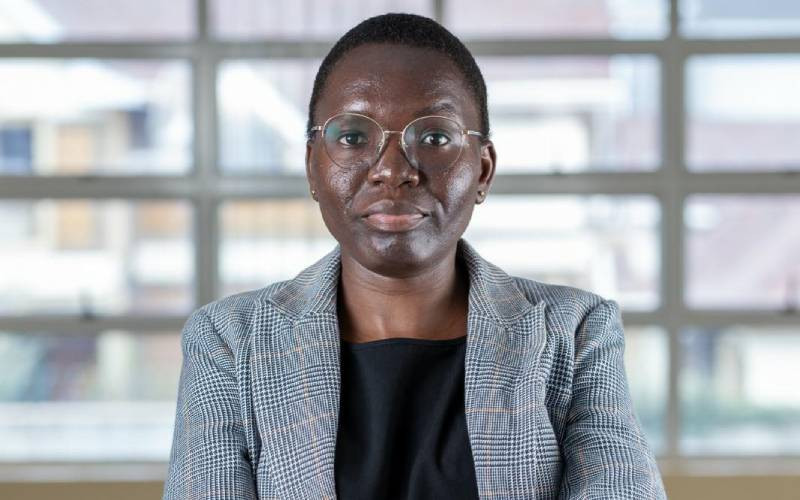
Growing up in a loving home full of empowered women role models can be just the source of inspiration one needs to turn dreams and aspirations into reality. At the intersection of ambitiousness and determination, they can offer the trifecta of how to be successful by sharing their wisdom, providing mentorship, and nurturing one's innate abilities.
For Christine Akinyi, a Programme Officer at the International Commission of Jurists- Kenya, you could say that growing up in a household full of lawyers, her career path in life was set.